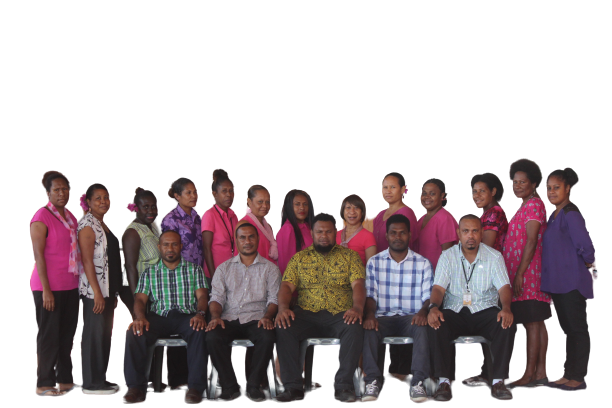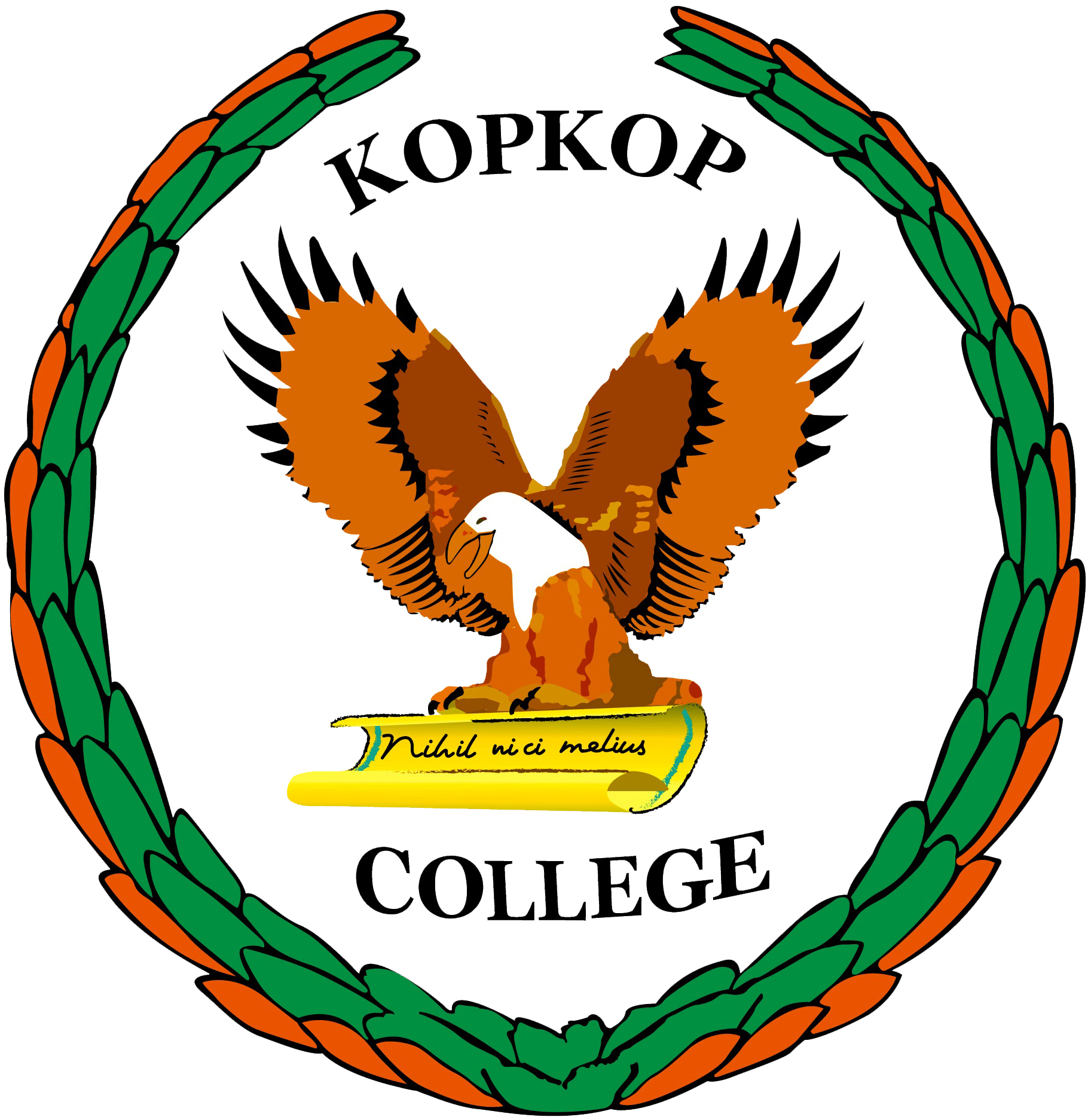The Teacher AT KOpkop college

Assessment Period
There are tow (2) assessment period per year
Our Curriculum
Our curriculum embraces the four pillars of education as stated in our schools philosophy
Transport Department
Official College Uniform is to be worn every day to school and official College functions. Uniforms must be clean and tidy at all times
Read Review
ASSESSMENTS
CURRICULUM
SCHOOL RULES
FACILITIES
STAFF
The Teacher At Kopkop College
-
The teacher at Kopkop College is responsible for providing excellence in the academic curriculum and physical education through Quality Teaching to achieve Quality Learning.
The teacher is trained teacher to teach inside and outside the classroom during lunch, play and rest period. The teacher is equipped with the curriculum subject contents, knowledge and experience to teach the student. Having a teacher in the classroom makes student life more purposeful, fun and enjoyable – to allow student explore and learn. The teacher is the Friend and Mentor of the student at Kopkop. In the Kopkop college family principle, the teacher is the uncle, aunty, brother or sister of the student.
QUALITY TEACHING
Quality teaching is provided by teachers who
* create a learning environment that promotes and supports the learning of all students;
* apply a wide range of organizational and instructional strategies that are appropriate to student learning styles and educational needs, the subject being taught, the school context, and a disciplined and purposeful classroom;
* monitor individual student learning; give relevant feedback; and plan according to the needs of individuals, groups and the whole class;
* foster independent learning, give students a language to talk about it, and expect students to take responsibility for their learning;
* develop ethical relationships based on good communication skills, and respect for all students as individuals and expect respect in return;
* possess an up-to-date knowledge and are enthusiastic proponents of curriculum content;
* critically reflect on their practice and demonstrate their commitment to life-long learning by seeking out appropriate collegial support and furthering their own professional development;
* articulate their beliefs about learning and the principles that underpin their teaching;
* believe in the ability of all students to learn, expect all students to learn and convey this expectation to individuals, the class and the community;
* actively engage a student in learning experiences that deal with issues that students regard as important to their lives;
* help students to make connections, to understand relationship within and between content areas, and to deal with general principles as well as individual facts.

The Student at Kopkop College

Student and Teacher Collective Role to Achieve Academic Excellence

The Parents Roles and Responsibility
The Teacher At Kopkop College

QUALITY ASSESSMENT AND REPORTING
Assessment and Reporting are continuous and based on learning outcomes.
This means that teachers:
- identify assessment activities based on the learning outcomes described in the syllabuses;
- plan a series of assessment activities within term and yearly assessment programs;
- provide opportunities for students to demonstrate their achievement of learning outcomes;
- use professional judgment to make decisions about students’ learning progress; and
- provide additional support to those students who require assistance.
Assessment and Reporting are appropriate for Papua New Guinea.
This means that teachers:
- design assessment activities that take into account Papua New Guinean cultural values and practices where appropriate.
Assessment and Reporting will be based on a balanced approach.
This means that teachers:
- use a range of assessment methods appropriate to individual needs and levels of schooling;
- assess students as individuals and as members in a group; and
- place emphasis on both theoretical and practical assessments.
Assessment and Reporting must be manageable.
This means that teachers:
- plan in consideration of other school activities when arranging the assessment and reporting programs; and
- develop assessment plans that are realistic and meet the needs of students and teachers.
Assessment and Reporting must be fair and equitable.
This means that teachers:
- use assessment and reporting methods that are fair, sensitive and broad enough to cater for differences in gender, culture, language, religion, socio-economic status and geographical location; and
- take into account special needs of individual students.
Assessment and Reporting must be valid and reliable.
This means that teachers:
-
- use a variety of strategies to assess and communicate the range of student achievement described in the syllabus learning outcomes;
- gather a range of suitable evidence to make accurate decisions on students’ achievements; and appropriate to different subjects and levels of schooling.
-
Assessment, Reporting and Evaluation
- Assessment should reflect students’ achievement of the learning outcomes described in the syllabuses. The assessment and reporting process requires teachers to select appropriate methods of assessment, recording and reporting as approved from time to time by the appropriate Board of Studies. Assessment will be carried out continuously at all levels from Elementary Prep through to Grade 6 and will be used to gather information concerning individual students’ learning and achievement.
- Assessment will be criterion-referenced and will provide information on the actual learning that has taken place. This information will be used to enhance further teaching and learning and will be reported to parents and guardians, teachers and students.
REMEMBER: – What a teacher can and cannot do: –
- A teacher can teach but cannot make students learn;
- A teacher can explain but cannot make students understand;
- A teacher can give homework but cannot make students complete their homework;
- A teacher can set a test but cannot give students the answers.
This means that students have to make it their business to make an effort to learn, understand, complete their work, and study hard to pass a test.
– The student and the teacher can both come out winners if they both work hard together:-
– If the student has difficulty learning something always ask for more questions, ask their mums and dads at home and their teacher at school so the student can understand better or do some more reading on their own and try out a few examples without the teachers help;
– If the student cannot complete their homework then they must always ask for extension of time.
